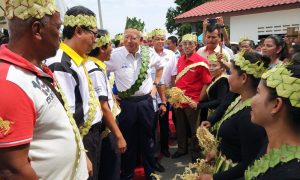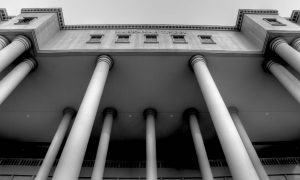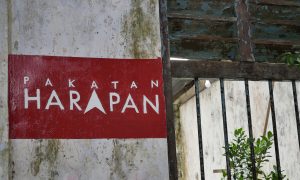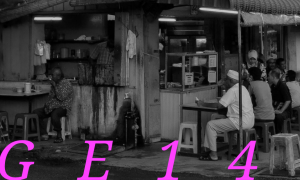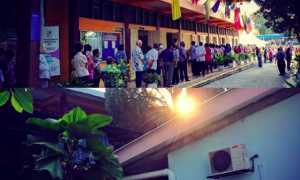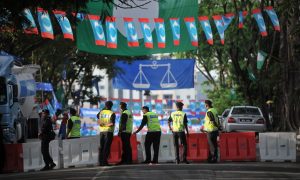The Malaysian women's rights activist talks about her experience managing a parliamentary campaign in Malaysia's general election.
Archives
The Java Sea Wreck: New research on an ancient ship
New research on an ancient wreck raises important questions about protection and preservation
Why there was no ‘Orang Asli tsunami’ in GE14
Indigenous communities in Pahang are aware of BN’s failings, but a lacklustre Pakatan Harapan campaign kept this ‘fixed deposit’ safe for the fallen Najib government.
Exposing Victoria’s Secret—and the NCPO’s graft
The raid against Victoria’s Secret was orchestrated by a group within the state that is opposing the growing influence of the Kampol–Chai–Somyot network.
An agenda for law reform after GE14
The new government can and should take the opportunity to rehabilitate Malaysia’s battered legal institutions.
VIDEO: Hishamuddin Rais on winning GE14
Hishamuddin Rais was once put in jail by Mahathir Mohamad. He talks to our GE14 editor Kean Wong about why he was part of the fight to make Dr M prime minister again.
Malaysia after GE14: transition to what?
Barisan Nasional was in power for 60 years. How does an electoral authoritarian regime get defeated, and will similar regimes in the region follow?
VIDEO: ‘Reinvigorating dignity’ for Malaysia
GE14 Editor Kean Wong talks with public commentator Karim Raslan about what the election outcome means for Malaysia.
What mattered in GE14: campaigns, Islam, 1MDB, cost of living
How scholars of Malaysian politics reflected on the campaign as results rolled in on 9 May.
Notes from the campaign: election day’s dues
Why Malaysia's voters delivered a momentous political upset in yesterday's election, as seen from the ground.
Malaysian elections: four possible scenarios
Taking a punt on what might happen in Malaysia's milestone 14th general election (GE14).
Is a ‘Malay tsunami’ on the horizon?
ANU experts assess the likelihood of the Pakatan Harapan coalition finally making inroads into the UMNO heartland.
 Facebook
Facebook  Twitter
Twitter  Soundcloud
Soundcloud  Youtube
Youtube  Rss
Rss 

